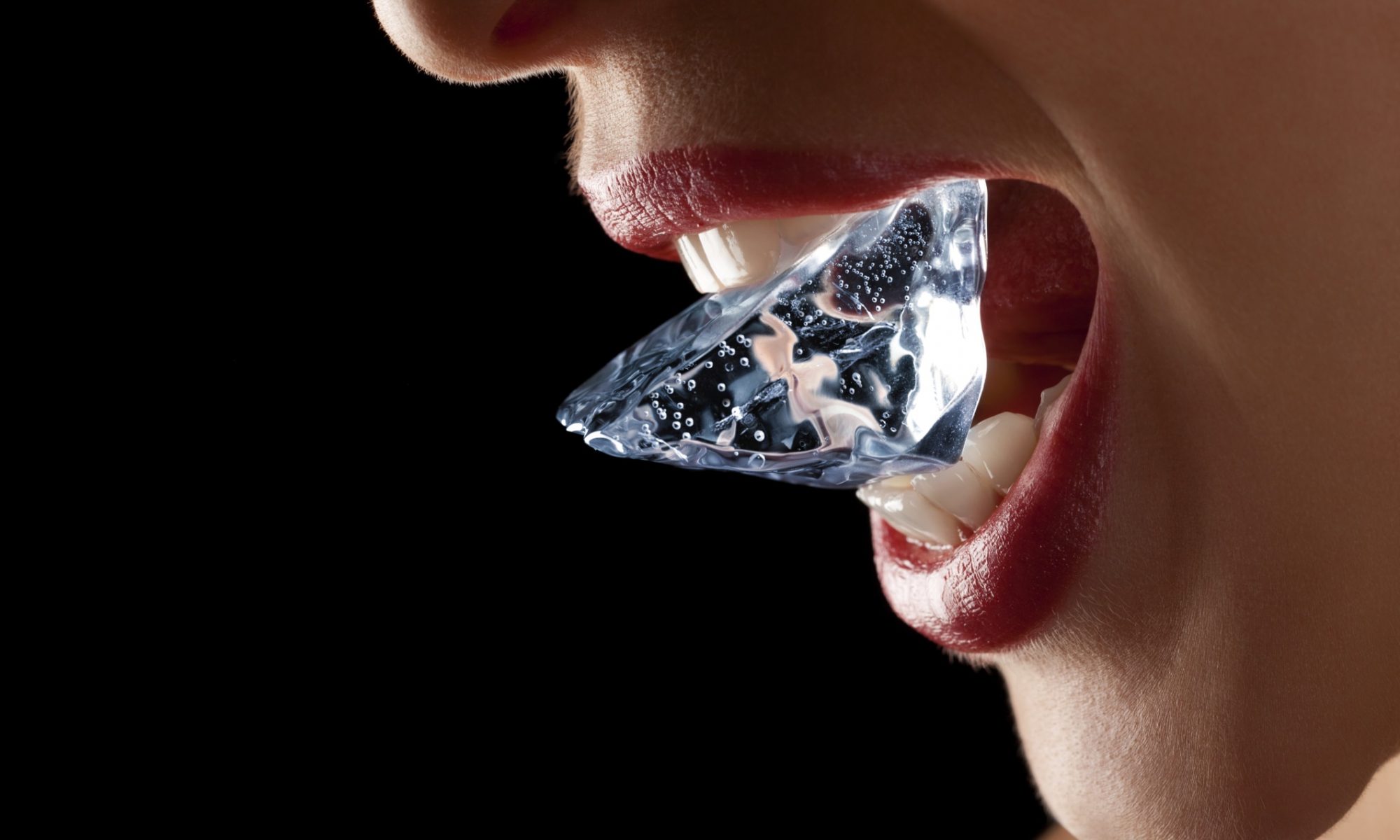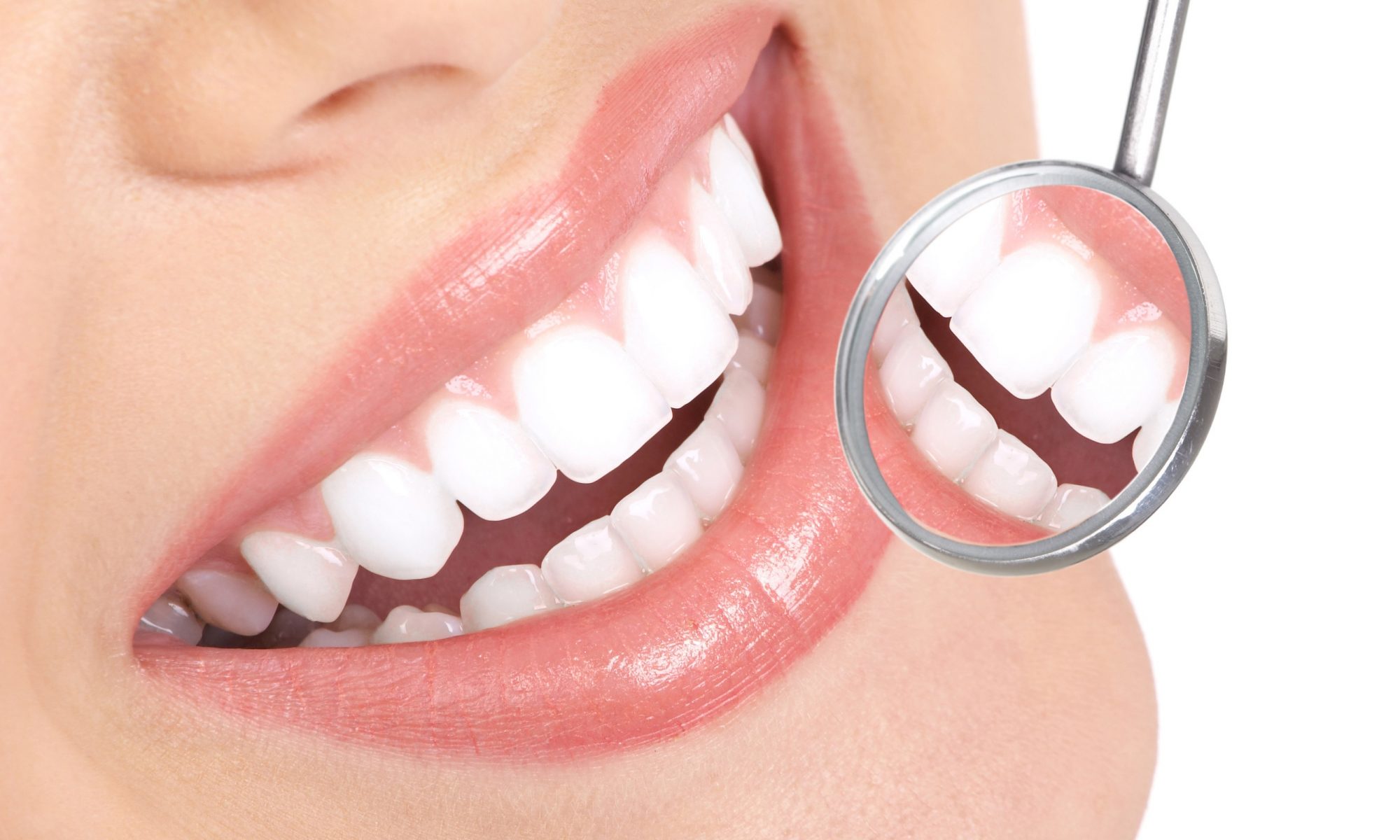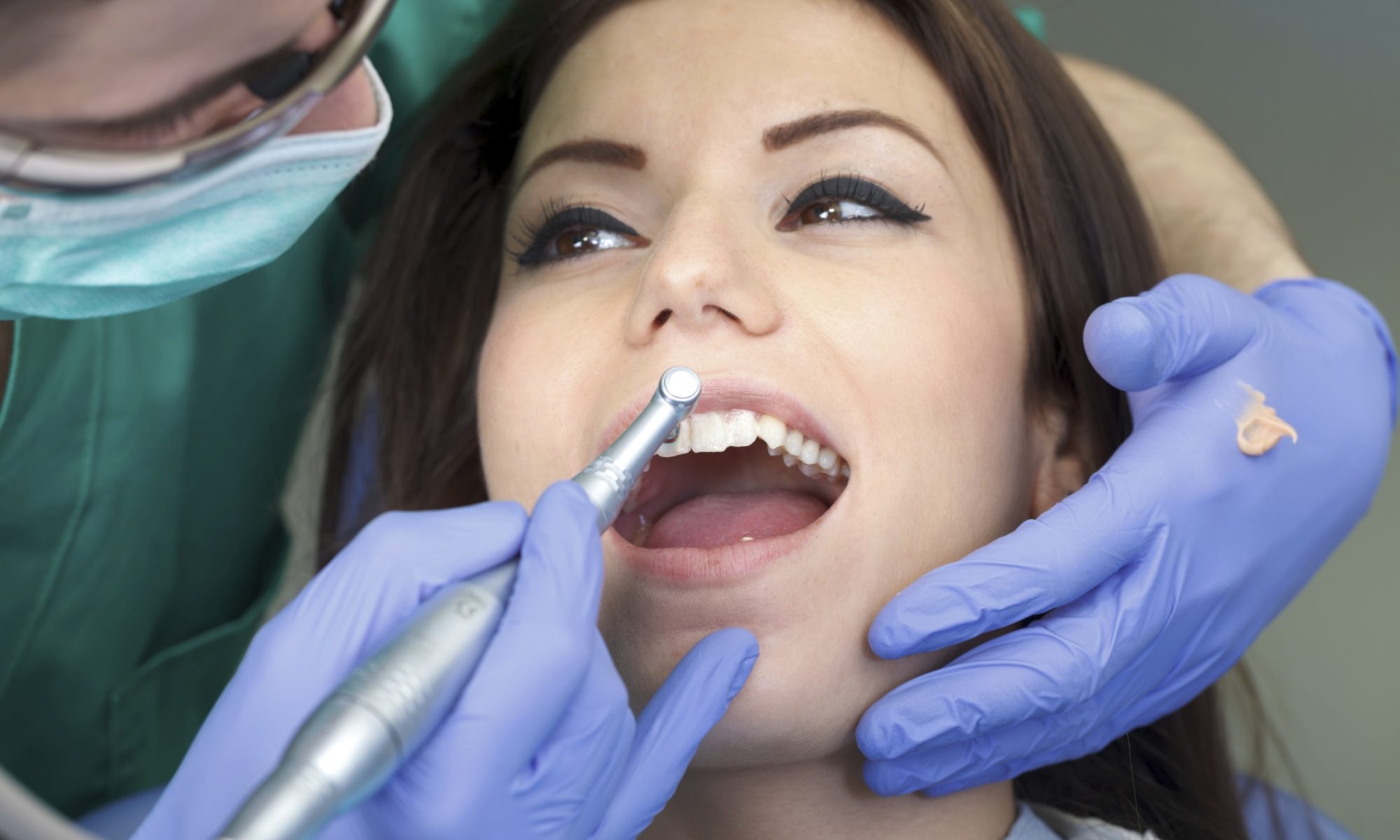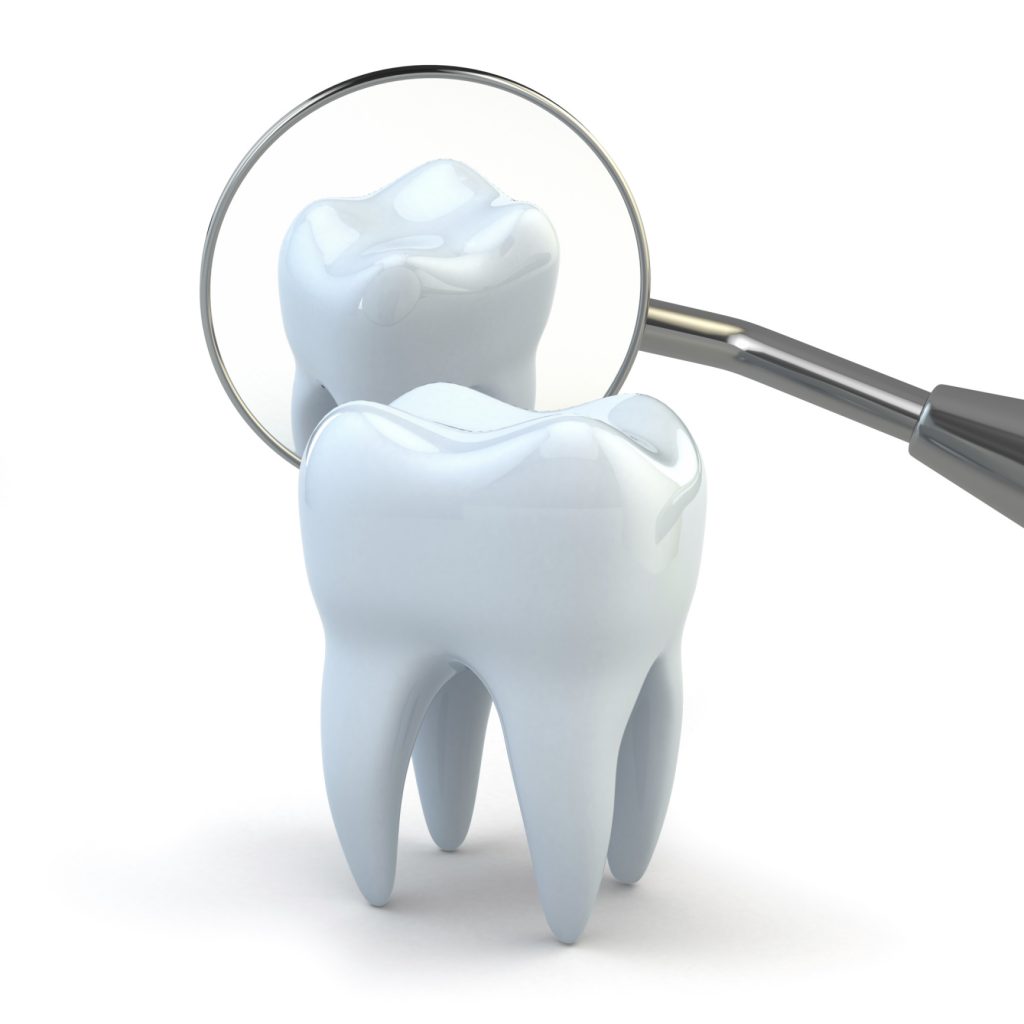Embarking on the journey to become a board-certified dentist is a commendable pursuit that requires dedication, education, and a passion for oral health. This transformative path not only elevates your professional status but also ensures a commitment to the highest standards of patient care. In this blog post, we’ll explore the essential steps and key considerations for those aspiring to achieve dental board certification.
The journey to becoming a board-certified dentist begins with a solid educational foundation. Pursue a bachelor’s degree with a strong focus on the sciences, and subsequently, complete a rigorous dental program from an accredited dental school. This education lays the groundwork for a comprehensive understanding of oral health, anatomy, and the technical skills required in dentistry.
Building hands-on experience through clinical rotations, internships, or residencies is invaluable for honing your skills and gaining exposure to diverse patient cases. These experiences not only enhance your clinical proficiency but also provide insights into effective communication and patient management.
- National Board Dental Examinations (NBDE):
To progress towards board certification, successfully passing the National Board Dental Examinations is crucial. This two-part examination assesses your understanding of biomedical and dental sciences, as well as your clinical knowledge and skills. Achieving a competitive score demonstrates your readiness for the challenges that lie ahead.
After completing dental school and passing the NBDE, obtain a dental license by fulfilling the requirements of your state dental board. Licensure is a prerequisite for practicing dentistry independently and is a stepping stone towards eligibility for board certification.
Many specialty boards require additional postdoctoral education, such as completing a residency program or an accredited advanced education program. This specialized training allows you to delve deeper into your chosen area of expertise, whether it be oral surgery, orthodontics, or periodontics.
- Specialty Board Certification:
Once you’ve met the educational and clinical requirements, pursue board certification in your chosen specialty. The process typically involves written and oral examinations, case presentations, and an assessment of your clinical skills. This certification signifies your commitment to excellence and distinguishes you as an expert in your field.
Maintaining board certification is an ongoing commitment to staying current with advancements in dentistry. Engage in continuous learning through conferences, workshops, and ongoing education courses to ensure that your skills and knowledge remain at the forefront of the field.
- Professional Involvement:
Active involvement in professional organizations and societies is essential for networking, staying informed about industry trends, and contributing to the advancement of dentistry. It also demonstrates your dedication to the ethical standards and principles upheld by the dental community.
Becoming a board-certified dentist is a multifaceted journey that demands unwavering dedication, continuous learning, and a passion for providing exceptional patient care. By following these steps and embracing the challenges along the way, you can elevate your career, earn the trust of your patients, and contribute to the advancement of oral health care. Embark on this transformative path, and let your commitment to excellence in dentistry shine.
For more information about caring for your veneers, call Dr. Sciabica in Issaquah, WA at 425-392-3900 or visit www.issaquahdentists.com.
Dr. Frank S. Sciabica proudly serves patients from Issaquah and all surrounding areas.









